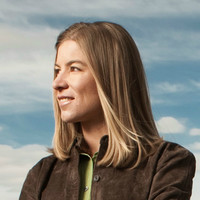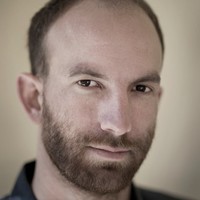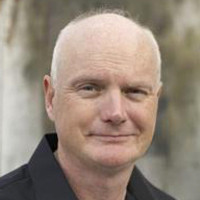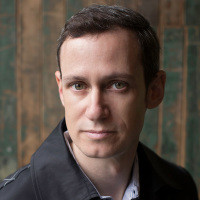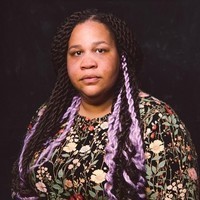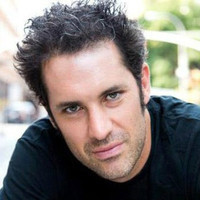The Me Who Knew It
On Alison Winter’s Memory: Fragments of a Modern History, and issues of memory in the 20th century.
Underlying the compelling feeling that we are our memories is a further common-sense assumption that our entire lives are accurately retained somewhere in the brain ‘bank’ as laid-down memories of our experience, and that we retrieve our lives and selves from an ever expanding stockpile of recollections. Or we can’t, and then that feeling that it’s on the tip of our tongue, or there but just out of range, still encourages us to think that everything we have known or done is in us somewhere, if only our digging equipment were sharper.
